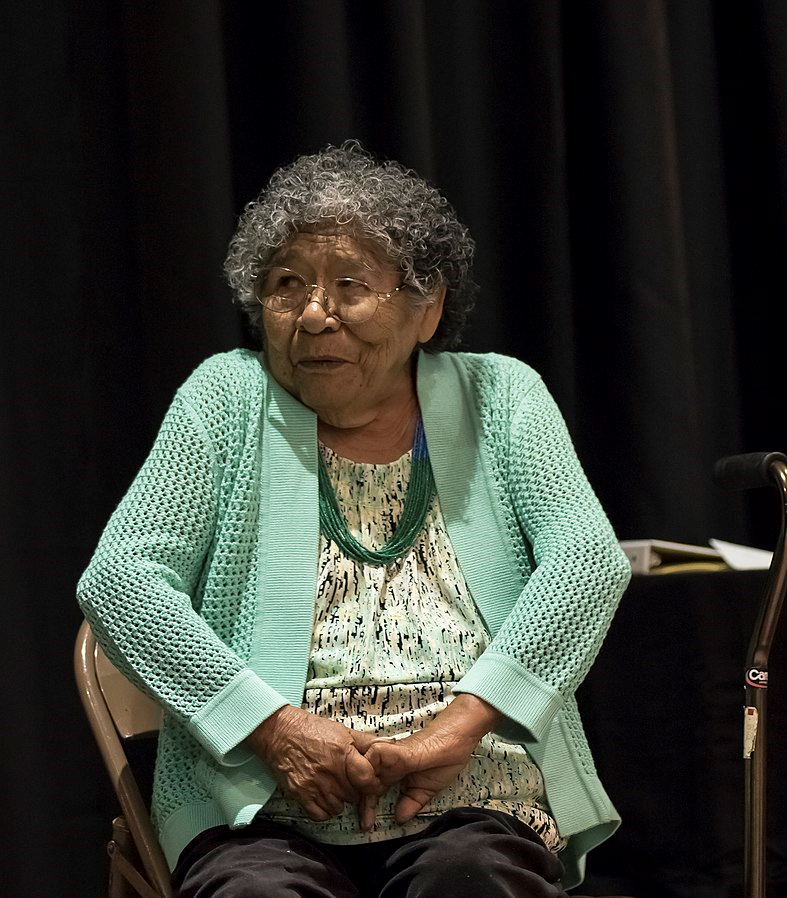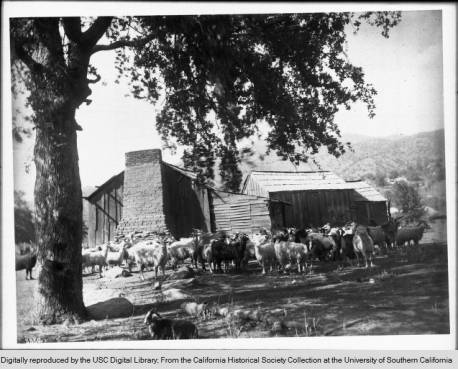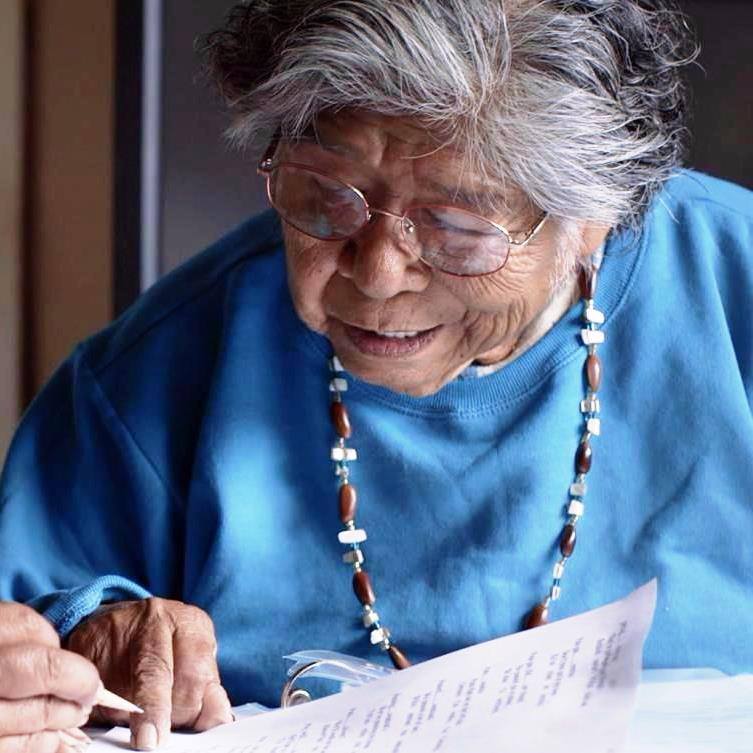
As the last fluent speaker of Wukchumni, one of many dialects of the Yokuts tribal group of the San Joaquin Valley, Marie Wilcox decides to write a Wukchumni–English dictionary so the language won’t be forgotten in her tribe.
Even with the help of her daughter, Jennifer Malone and an old computer, it still takes seven years to assemble the dictionary. When Wilcox finishes the print version, her grandson helps her record an audio version to aid in pronunciation. Wilcox includes some traditional Yokut stories as well.
Wilcox is born on November 24, 1933 in the San Joaquin Valley. Before white settlers come to the valley, itias home to an estimated 50,000 Yokuts. Approximately 200 Yokuts remain; many make their homes on the Tule River Reservation.
Wilcox learns Wukchumni from her grandparents when she is a young girl, but it isn’t until she is an adult that she decides to re-learn the language in order to pass it down to her children. She begins writing words on the backs of envelopes and scraps of paper, and a night inputs the handwritten notes into a computer.

Marie continues to teach others her native language through the Tulare County Nüümü Yadoha program.
Half of the 7,000 languages spoken around the world will vanish if nothing is done to preserve them, according to the United Nations Educational, Scientific and Cultural Organization.
In the United States, many Native American languages are struggling to survive—more than 130 of these languages are currently at risk, with 74 languages considered “critically endangered,” according to UNESCO.
A short documentary by Emmanuel Vaughan-Lee tells the story of Marie’s Dictionary.
